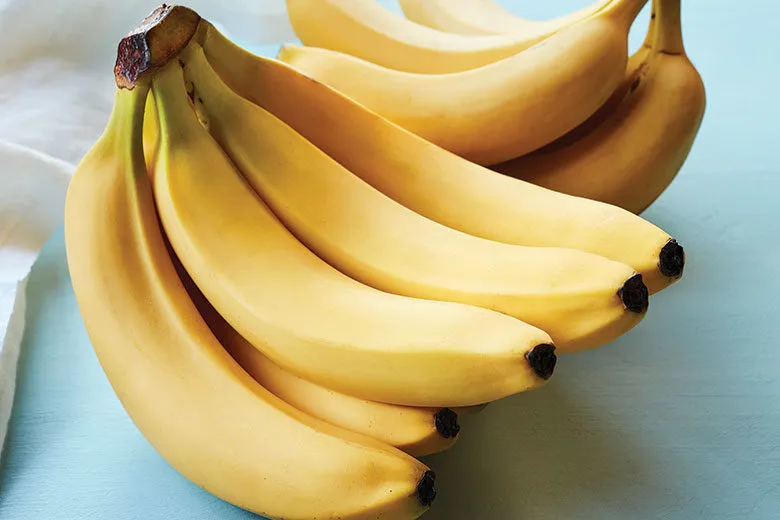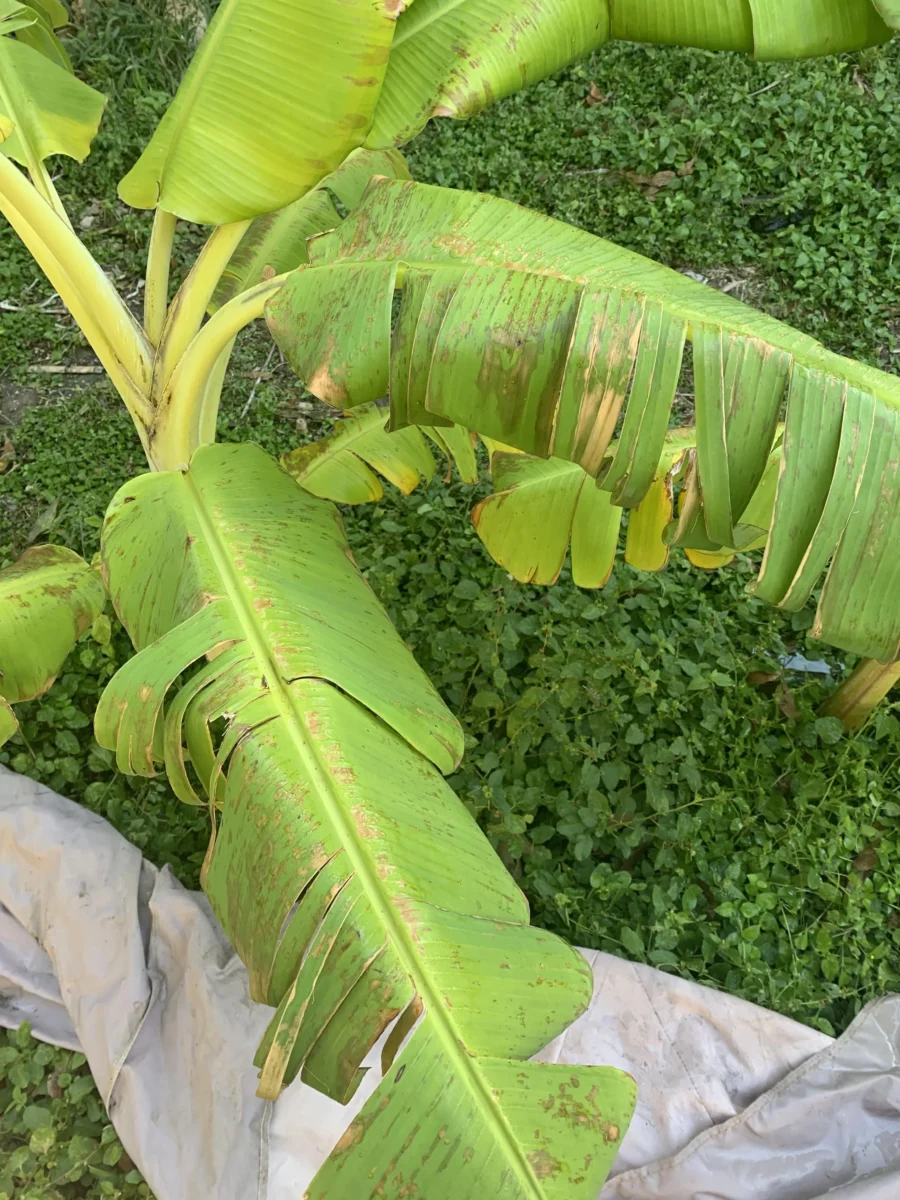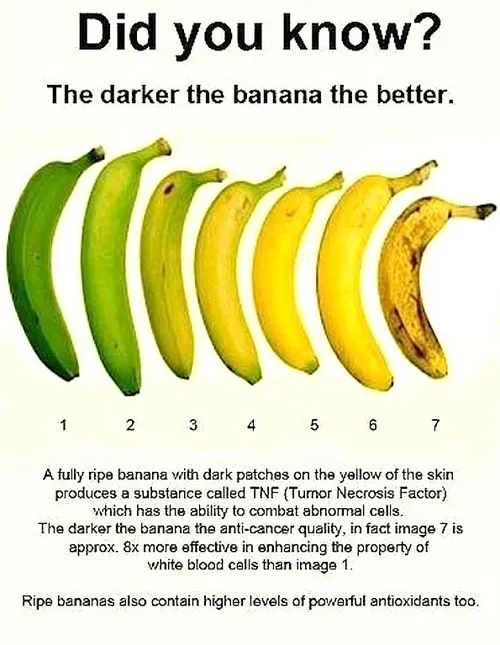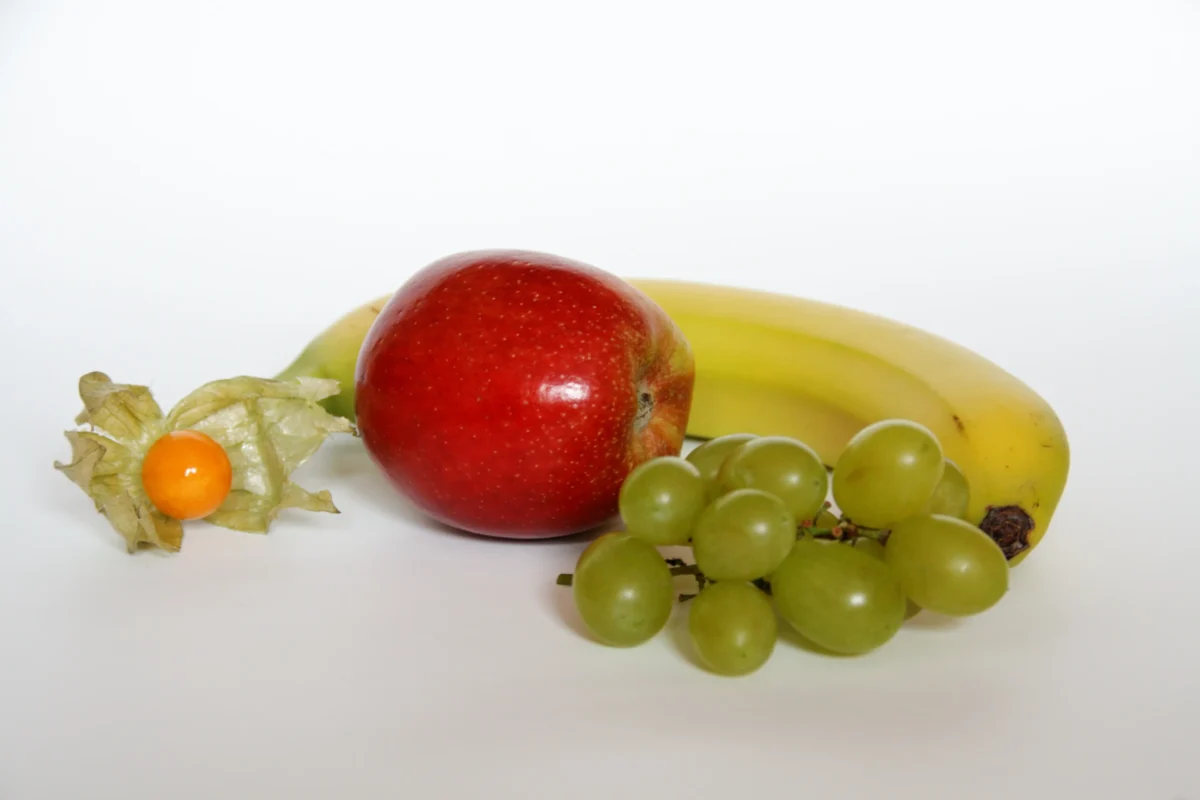The Fascinating Truth About Whether Bananas Are a Simple Fruit
Bananas are one of the most popular fruits in the world, a staple at breakfast tables and a favorite snack for people of all ages. But have you ever stopped to wonder, is banana a simple fruit? This seemingly straightforward question actually delves into the fascinating world of botany and plant biology.

In this article, we will explore what it means for a fruit to be considered “simple,” and examine the characteristics of bananas to determine whether or not they fit this criteria. Additionally, we will discuss the nutritional value of bananas, which makes them such a beloved and healthy food choice.
If you are curious about the nature of bananas and what makes them unique in the fruit world, keep reading to learn more.
What is a simple fruit?

Bananas may seem like a simple fruit, but there is more to these yellow wonders than meets the eye. At their core, bananas are a type of berry that grow on large herbaceous plants. The fruit itself is composed of three distinct parts: the peel or skin, the flesh or pulp, and the seeds.
One of the most interesting features of bananas is their unique ripening process. Unlike many fruits that simply rot when left out too long, bananas actually continue to ripen even after they have been harvested. This is due to the presence of ethylene gas in the fruit, which triggers a chain reaction that causes it to soften and sweeten over time.
But beyond their scientific makeup and unusual ripening habits, bananas also have a rich cultural history. They are believed to have originated in Southeast Asia over 7,000 years ago and were eventually brought to other parts of the world by traders and explorers. Today they are one of the most popular fruits in many countries around the globe.
So while bananas may seem like just another piece of produce at first glance, they are actually an incredibly complex and fascinating example of nature’s bounty. Whether you’re enjoying them sliced up on your cereal or blended into a smoothie, take some time to appreciate all that these simple fruits have to offer!
What are the characteristics of a banana?
Bananas are a fascinating fruit with many unique characteristics that make them stand out from other fruits. One of the most notable features of bananas is their bright yellow color, which is due to the presence of pigments called carotenoids. These pigments not only give bananas their distinctive hue but also contribute to their nutritional value.
Another characteristic of bananas is their curved shape, which is often attributed to gravity pulling on the fruit as it grows towards sunlight. This curvature also makes it easier for humans and animals to hold and eat the fruit.
Bananas are also one of the most nutrient-dense fruits available, containing high levels of fiber, potassium, and vitamins B6 and C. They are low in fat and calories, making them an ideal snack for those looking to maintain a healthy diet.
Furthermore, bananas have a unique texture that can vary depending on ripeness. When ripe, they become soft and sweet while still retaining some firmness. This makes them perfect for use in smoothies or baking as they add both flavor and texture.
Overall, bananas are an incredibly versatile fruit with many unique characteristics that make them both delicious and nutritious. Whether you enjoy them raw or cooked into your favorite recipes, there’s no denying the appeal of this beloved fruit.
Does a banana meet the criteria to be considered a simple fruit?
Bananas have long been a favorite fruit for many people because of their sweet taste and versatility in cooking. But does this tropical delight meet the criteria to be considered a simple fruit?

In botanical terms, a simple fruit is one that develops from one ovary of a flower and contains seeds. Bananas satisfy this definition, as they develop from the ovary of a banana blossom and contain small black seeds.
However, bananas also exhibit some characteristics that are not typically associated with simple fruits. For example, they grow in large clusters called hands, which can contain dozens or even hundreds of individual fruits called fingers. This unique growth pattern has led some experts to classify bananas as complex fruits instead.
Despite this debate over classification, there is no denying the nutritional value and delicious flavor of bananas. Rich in potassium and other essential vitamins and minerals, bananas make for a healthy snack or ingredient in smoothies or baked goods.
So whether you consider them simple or complex fruits, there’s no denying that bananas are an important part of our diets and deserve our attention when it comes to understanding their unique characteristics.
The nutritional value of bananas is high.
Bananas are a staple fruit that provide numerous health benefits due to their high nutritional value. They are packed with essential vitamins and minerals, making them an excellent addition to any diet.
One of the most notable nutrients found in bananas is potassium. This mineral helps regulate blood pressure and promotes healthy heart function. Additionally, bananas contain significant amounts of vitamin C, which boosts the immune system and aids in collagen production for healthy skin.

« Solutions for Dry Banana Bread Batter: Tips and Tricks for Perfectly Moist Bread Every Time
The Top Most Amazing Banana Beauty Tips and Benefits »
Another key component of bananas is fiber. This nutrient plays a crucial role in digestive health by promoting regular bowel movements and preventing constipation. Fiber also helps regulate blood sugar levels, making it an important part of any diabetes management plan.
In addition to these essential nutrients, bananas also contain antioxidants such as dopamine and catechins that protect against cellular damage caused by harmful free radicals.
Overall, incorporating bananas into your diet can have numerous health benefits due to their high nutritional value. Whether eaten on their own or added to smoothies or baked goods, this versatile fruit is a delicious way to boost your health and well-being.
Check out our other articles to find out even more about banana.
Bananas are a fascinating and versatile fruit! Not only can they be used in sweet or savory dishes, but their nutrient-dense profile makes them an excellent choice for any meal. Although the criteria for what constitutes a simple fruit is somewhat ambiguous, it appears that bananas do meet this important criterion. For those looking to learn even more about this unique fruit, we encourage you to check out our other articles to find out even more about banana!










